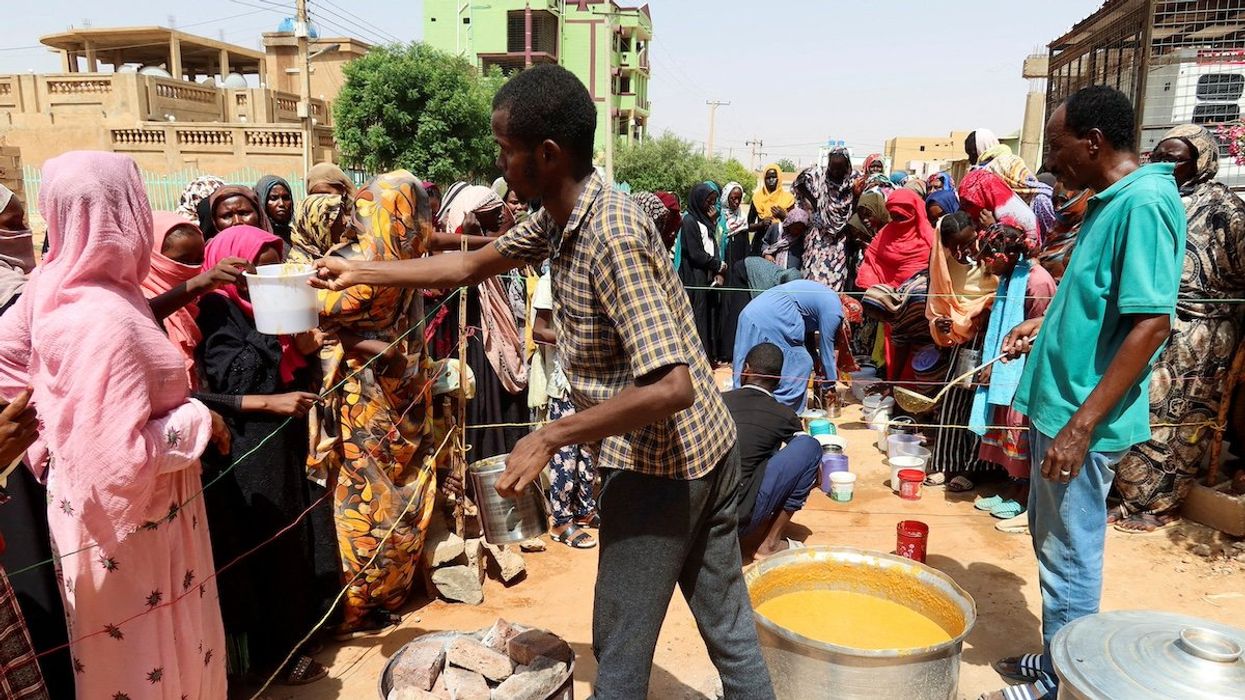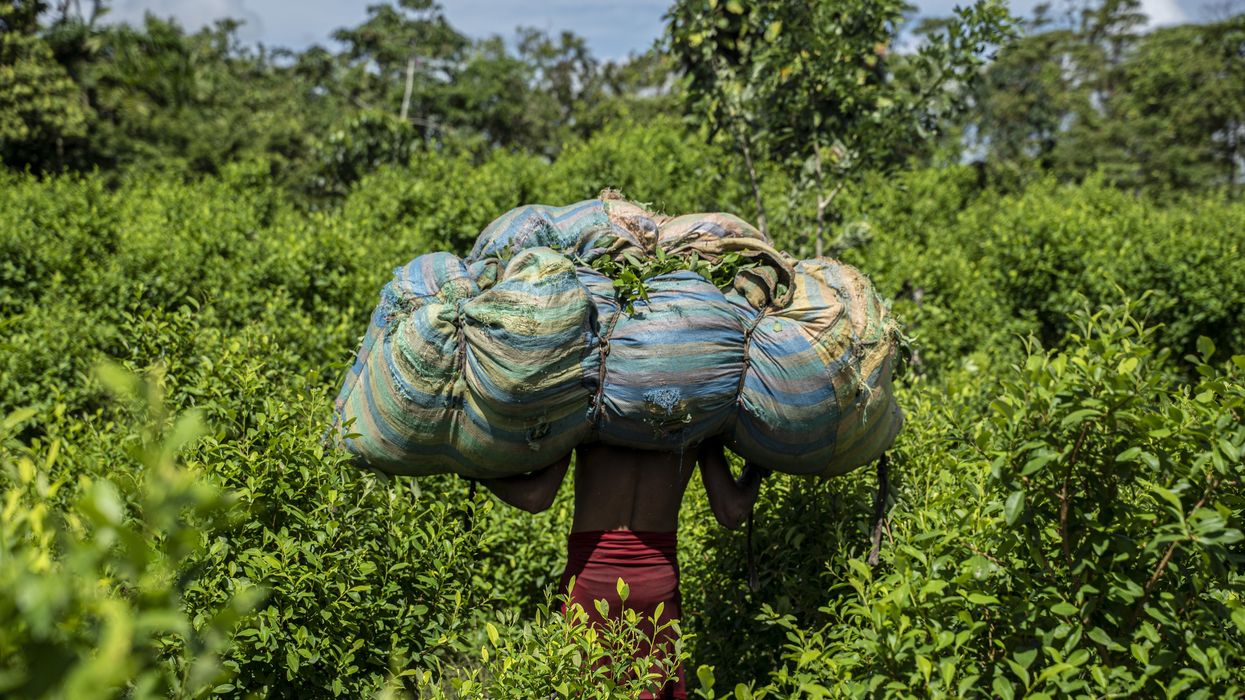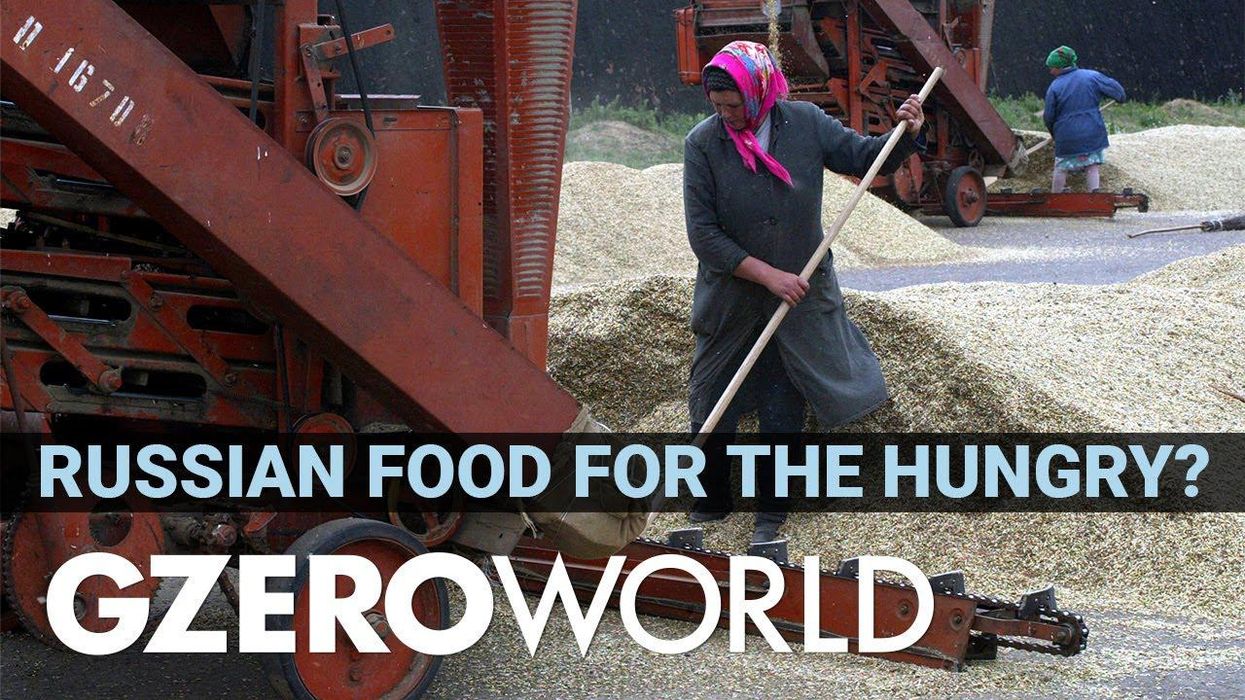What We're Watching
UN launches probe into Sudan aid officials
The United Nations World Food Programme has reportedly launched an investigation into allegations of fraud and breaking rules around neutrality in war zones against two of its top officials in Sudan amid its ongoing civil war.
Aug 28, 2024



